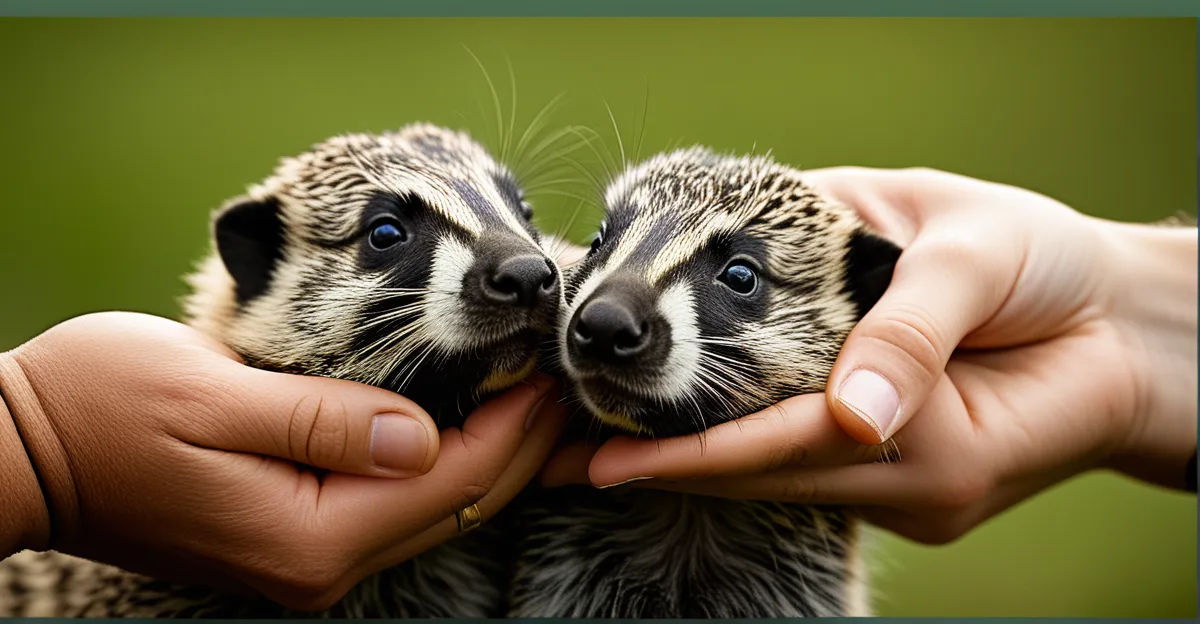Key Drivers Behind the Popularity of Unusual Pets in the UK
The growth of unusual pets UK is strongly linked to significant social and cultural shifts. Increasingly, people seek alternatives that reflect their unique identities, diverging from traditional cat and dog ownership. This non-traditional pet trend is evident as many look for pets that offer distinct personalities or behaviours not found in common animals.
Urban living also plays a crucial role. With rising housing limitations, such as smaller flats or strict tenancy agreements, typical pets may be impractical. Here, the appeal of unusual pets UK—ranging from reptiles to small exotic mammals—becomes clear. These animals often require less space and can thrive in non-traditional environments.
Also to see : Why Are Pets in the UK Experiencing a Surge in Adoption Rates?
Changing lifestyle patterns influence choices too. Many people work longer hours or travel frequently, making reasons for alternative pets like low-maintenance care and novel companionship very attractive. Furthermore, the desire for pets that fit flexible, modern routines is a key motivation behind the surge in unusual pets UK ownership. This dynamic reflects a broader willingness to explore new ways of experiencing pet companionship.
Psychological and Emotional Benefits of Non-Traditional Pets
Understanding the mental health benefits of unusual pets reveals why more people embrace the non-traditional pet trend. Unlike typical pets, certain alternative companions—such as reptiles, birds, or small mammals—offer unique emotional support by providing calming routines and novel interactions that cater to diverse psychological needs. For instance, studies show that handling less common pets can reduce stress and anxiety through focused attention and tactile engagement.
Have you seen this : What are the UK’s most recommended pet trainers?
Emotional support animals are not limited to dogs or cats; many individuals find solace with these unusual pets UK, which often require less demanding care yet still fulfill deep companionship roles. This can be particularly beneficial for people with busy lives or social anxiety, where traditional pets might demand more interaction than manageable.
Pet owners frequently report enhanced feelings of connection and responsibility, citing reasons for alternative pets that include therapeutic value and the joy of caring for a distinctive creature. Mental health professionals increasingly recognize these benefits, noting that tailored pet companionship can complement conventional treatments by fostering routine and emotional stability. This evolving perspective enriches appreciation for how unusual pets UK contribute to wellbeing beyond typical domestic animals.
The Influence of Media, Social Trends, and Community
Media and social influence play a pivotal role in amplifying the popularity of unusual pets UK. Social media platforms, featuring influencers and pet enthusiasts, showcase exotic and unusual animals, sparking curiosity and admiration among followers. This online exposure often introduces potential pet owners to species they might not have previously considered, reinforcing the non-traditional pet trend.
Recent media coverage, including documentaries and viral videos, further shapes public perception. Highlighting the unique behaviours and care routines of exotic pets UK promotes awareness and acceptance. Such stories can normalize owning species like reptiles or small mammals, making them more mainstream and desirable.
Online communities dedicated to unusual pet care offer support and knowledge exchange, which empowers owners and newcomers alike. These forums naturally encourage the reasons for alternative pets, such as seeking new companionship forms or low-maintenance options. Additionally, notable UK-based cases where unusual pet ownership has gone viral prove influential. They generate conversations and often inspire others to explore these non-traditional pet trends, weaving social influence tightly into the fabric of pet ownership choices today.
Legal, Ethical, and Practical Considerations
When considering unusual pets UK, understanding UK pet laws is essential. The UK imposes strict regulations regarding the ownership of legal exotic pets to protect both the animals and public safety. For example, certain reptiles and amphibians require licenses or are outright prohibited. These laws ensure that owners meet necessary standards for housing and care, helping prevent harm or escape incidents.
Ethical exotic pet ownership demands a commitment to animal welfare beyond legality. Unlike traditional pets, many unusual species have specialized needs—such as specific diets, temperature, or humidity control—that owners must provide. Neglecting these can cause stress or health problems. Therefore, prospective owners should research thoroughly to respect the animal’s natural behaviour and habitat.
Practically, challenges arise from sourcing appropriate veterinary care, which is less accessible for non-traditional pets. Furthermore, some exotic animals have long lifespans or grow to unexpected sizes, requiring substantial long-term commitment and space. These reasons for alternative pets emphasize why potential owners must evaluate their lifestyle carefully before adopting an unusual pet. Responsible ownership aligns with the non-traditional pet trend by prioritizing animal wellbeing alongside human companionship.





